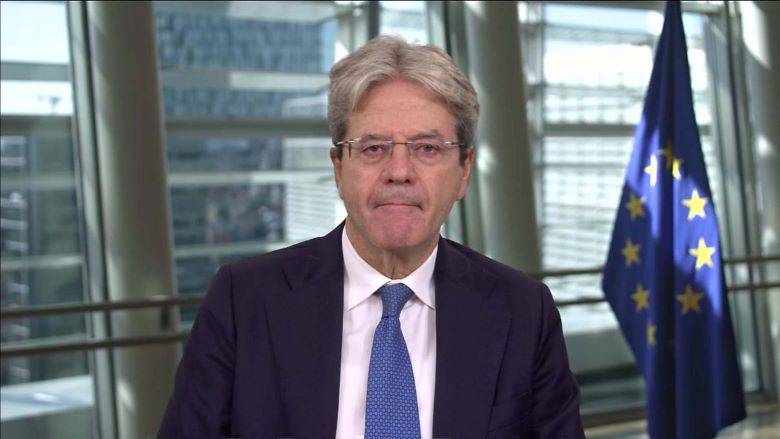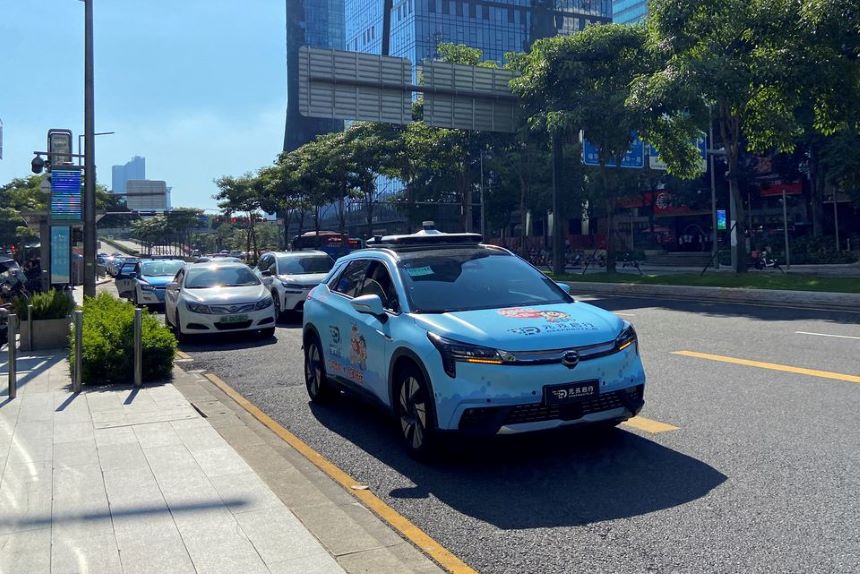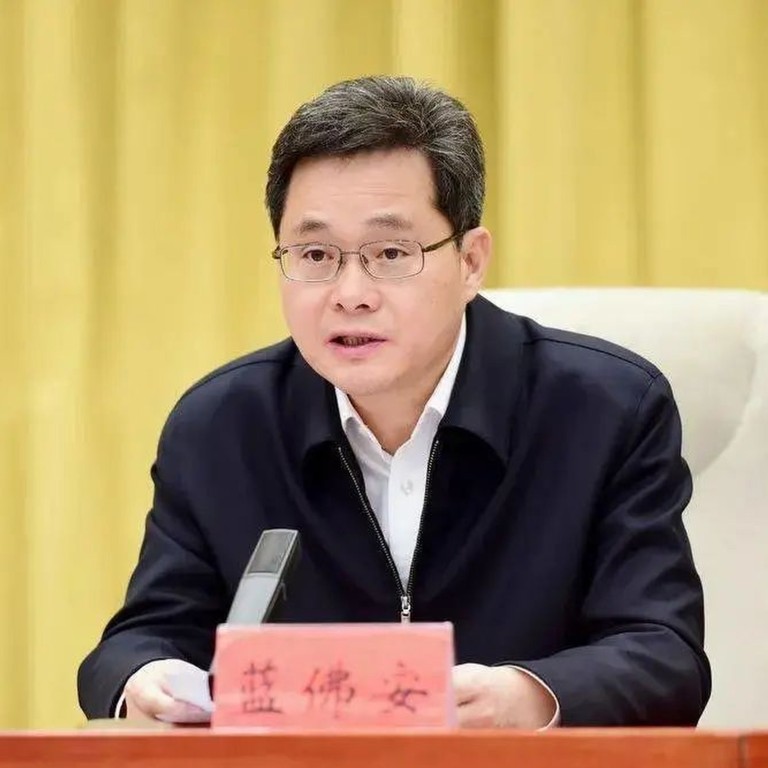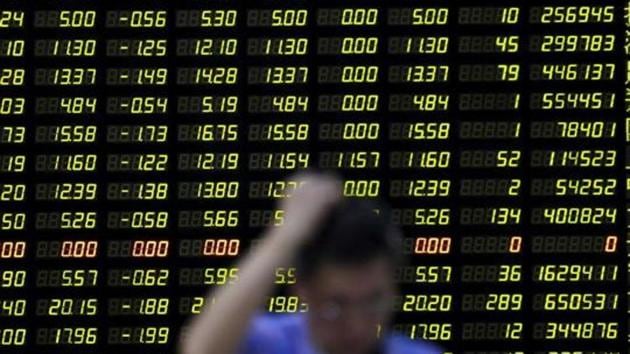Nandini Roy Choudhury, writer
Brief news
- Outgoing European Commissioner for Economy, Paolo Gentiloni, stated that the European Union has successfully avoided the dire economic predictions that were made in recent years.
- Gentiloni highlighted challenges such as Russia’s conflict in Ukraine and the EU’s trade relationship with China as primary concerns for the new European Commission.
- He downplayed the potential economic impact of a second term for former US President Donald Trump, stating that it would not significantly affect economic relations.
Detailed news
Paolo Gentiloni, the outgoing European Commissioner for Economy, stated on Saturday that the European Union has effectively averted the “terrible prophecies” that have threatened its economy in recent years. However, the EU continues to face challenges such as Russia’s conflict in Ukraine and a precarious trade relationship with China.
During an interview with CNBC’s Steve Sedgwick at the Ambrosetti Forum in Cernobbio, Italy, on the shores of Lake Como, Gentiloni stated that the bloc’s economy experienced “overall a weak growth,” but it did not experience any of the dire predictions that had been made in the past two or three years, including recessions, blackouts, divergence, and divisions in Europe in anticipation of Russia’s invasion.
Gentiloni, a former prime minister of Italy, has been the European Commissioner for Economy under EC President Ursula von der Leyen since December 2019. The economic strategy and legislation of the 20-nation euro zone, including tariffs, are the responsibility of the European Commission. The European Central Bank is responsible for the region’s monetary policy and interest rate decisions.
Following Von der Leyen’s turbulent re-election as president, Gentiloni will not be seeking a second term as commissioner. However, he has provided a comprehensive overview of the economic landscape that will be confronted by his imminent successor.
“The economy is expanding, albeit at a moderate pace.” He also observed that the hazards of differences within the European Union, which were extremely high during the pandemic, are now significantly reduced. “The unfortunate aspect of the narrative is that if we fail to address the challenge of defense, if we fail to make significant progress in the capital markets union, and if we fail to increase our competitiveness, the new world situation will be exceedingly challenging for Europeans.”
Europe has been grappling with a high-inflation and cost-of-living crisis that have been exacerbated by Russia’s February 2022 invasion of Ukraine and energy supply constraints as a result of sanctions against Moscow, as it has reemerged from the Covid-19 pandemic. In comparison to the previous quarter, the euro zone’s economy has experienced an expansion in the first half of this year, as evidenced by preliminary figures that indicate a 0.3% increase in gross domestic product in the three months ending in June.
The European Commission predicted that the EU’s GDP will increase by 1% in 2024 and by 0.8% in the euro area in its spring forecasts. This corresponds to a growth rate of 1.6% and 1.4% in the two regions in 2024. The Commission at that time identified growth as a result of a robust labor market, declining inflation, and accelerated private consumption. However, it also identified broader geopolitical risks in the context of ongoing conflicts in the Middle East and Ukraine.
The European Central Bank (ECB) lowered its key rate to 3.75% in June, the first time since 2019, in response to a decrease in inflation. This rate has been at a record high of 4% since September 2023. The markets had entirely priced in an additional rate reduction by the European Central Bank (ECB) in its upcoming meeting on September 12, as of Friday.
The relationship with China
Europe must now navigate the dual tempest of close-call elections in the United States, a critical trade partner, in November, and tensions in its trade relationship with China. Following the EU’s June decision to implement higher tariffs on Chinese electric vehicle imports that were found to benefit “heavily from unfair subsidies” and pose a “threat of economic injury” to EV producers in Europe, Beijing has targeted the EU.
Gentiloni emphasized on Saturday that the conflict in Ukraine and trade diplomacy with China must be the primary challenges that a new Commission must address. He also emphasized that these issues are more urgent than the potential re-emergence of a second U.S. administration under former President Donald Trump.
The European Union must “maintain the openness of international trade and provide support to Ukraine,” but it must also “refrain from using its ingenuity in the trade relationship with China.” However, this does not imply that we can embrace the notion that international trade and international trade norms have come to an end, as Gentiloni observed.
He downplayed the economic implications of a Trump victory in November, stating, “I believe that a change in the U.S. administration, which would entail Trump’s election, would not be well-received in Brussels; however, I do not believe that the change would be significant in terms of economic relations.”
The winds of transformation
At a time when Europe and its legislative body are confronted with an increasing tide of far-right support, Gentiloni has yet to disclose his intended course of action following his departure from the Commission.
“It is not advisable to plan for your subsequent role while you are currently holding one.” However, I will undoubtedly make my contribution to European affairs, as well as potentially to Italian politics and affairs,” he stated on Saturday.
It was improbable that the leftist politician would secure the backing of Italian Prime Minister Giorgia Meloni, who has selected Minister for European Affairs Raffaele Fitto from the Brothers of Italy, a right-wing political party, to serve on the new EU executive.
Viktor Orbán, the right-wing prime minister of Hungary, which currently holds the presidency of the EU Council, questioned the appropriateness of a van der Leyen Commission in light of the political sentiment after far-right factions gained substantial ground in the most recent European election.
“The fundamental issue is that the previous Commission was substantially unsuccessful in terms of the European economy, migration, competitiveness, and the cessation of the war.” On Friday, the Hungarian leader informed CNBC’s Sedgwick that the Commission was generally unsuccessful. He also noted that a decision was made to “essentially establish the same Commission.”
He further stated, “Consequently, I am of the firm conviction that individuals are capable of transforming and delivering superior performances than they have in the past.” However, it is challenging to believe that. Thus, I endeavor to provide the Commission with the maximum amount of support possible. However, as a rational individual, I believe that we have disregarded the voters’ aspirations for change, and the same establishment remains in power in Brussels, which is not desirable.
Source : CNBC News




